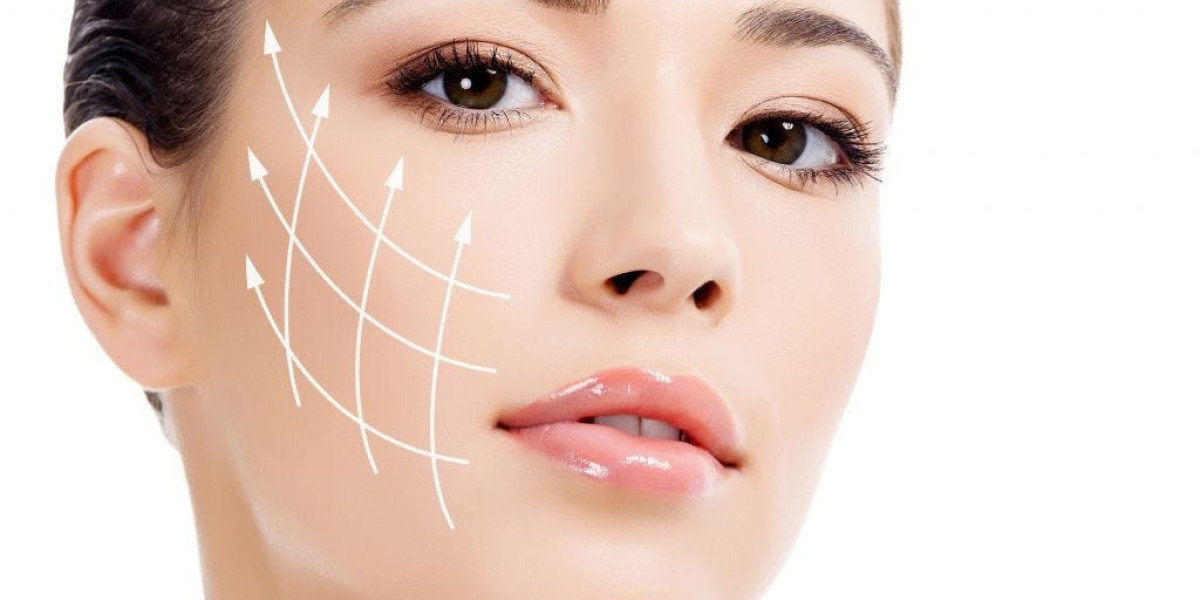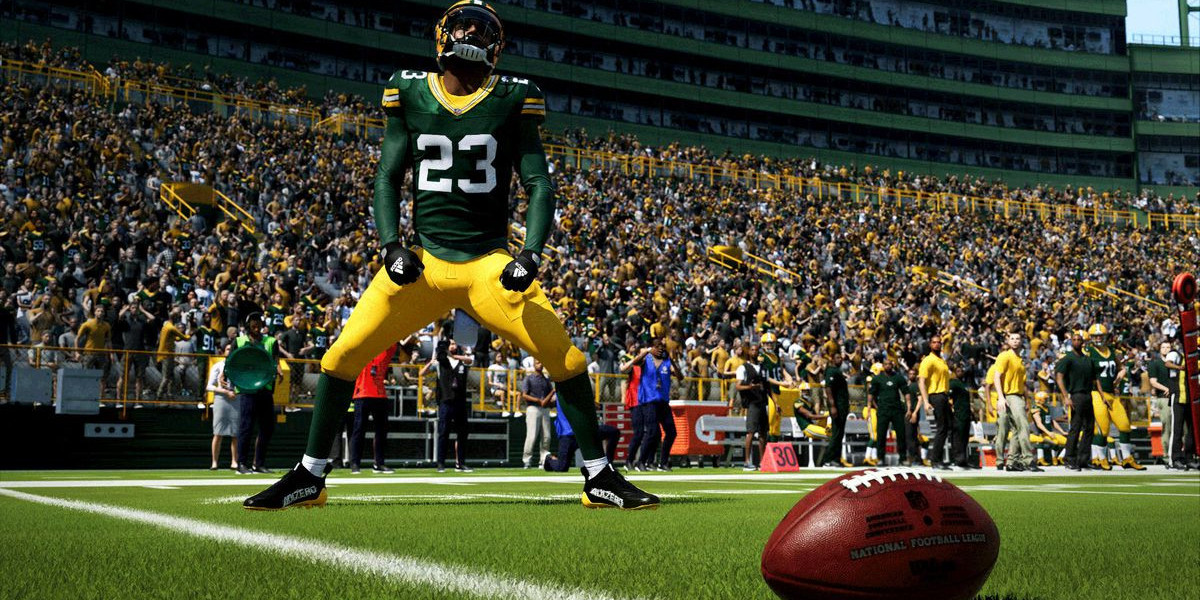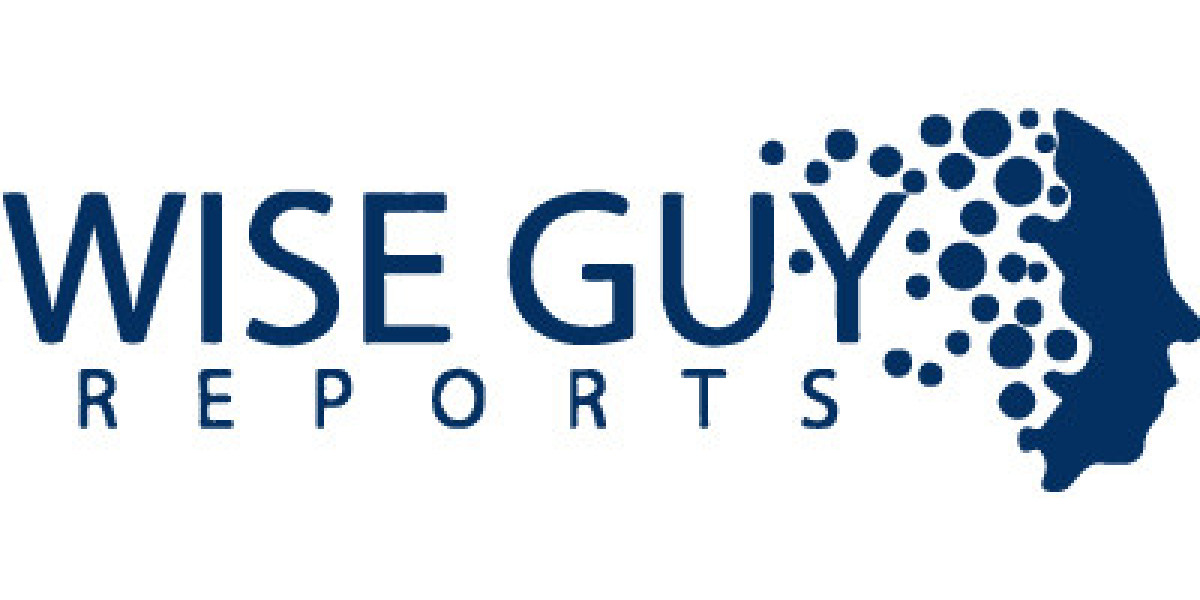Non-surgical cosmetic treatments are on the rise, and among them, thread lifts have emerged as a popular solution for those seeking a lifted, youthful appearance without the downtime of traditional surgery. In Islamabad, where the demand for minimally invasive facial rejuvenation is steadily growing, patients often ask an important question: How many days off do I need after a thread lift? Knowing the recovery timeline is key for planning your schedule around this aesthetic procedure. If you're considering a Thread lift in Islamabad, this guide will walk you through what to expect post-procedure, how much downtime is typical, and how to ensure a smooth recovery.
What Is a Thread Lift?
A thread lift is a non-surgical facelift technique that uses dissolvable sutures to lift and tighten sagging skin. These threads are inserted beneath the skin with a fine needle or cannula and gently pulled to create a lifted, more youthful contour. Over time, the threads stimulate collagen production, enhancing skin texture and elasticity.
Thread lifts are often performed on the:
Cheeks
Jawline
Neck
Brows
Nasolabial folds
Since the treatment involves no cutting or stitching like traditional surgery, the recovery period is relatively short. However, some rest and aftercare are still necessary.
What to Expect Right After a Thread Lift?
Immediately after your thread lift, you may experience:
Mild to moderate swelling
Bruising at the insertion points
Tenderness or tightness in the treated areas
Limited facial movement for a few days
These symptoms are generally temporary and manageable with basic aftercare. That said, even though you’ll likely be able to resume many normal activities, you’ll want to give your body some time to adjust and heal.
How Many Days Off Are Typically Required?
1 to 3 Days: Minimal Downtime for Most
Many patients in Islamabad can return to work or social activities within 1 to 3 days after their thread lift. Since the procedure is performed under local anesthesia and does not involve incisions, recovery is quick. However, the amount of time you’ll need off depends on:
The number of threads used
The areas treated
Your individual healing response
Whether you’re comfortable returning to work with slight swelling or bruising
Some patients prefer to take a few days off to rest and allow visible side effects like puffiness or bruising to subside.
3 to 7 Days: Optimal Recovery Window
Although some can resume light duties the next day, cosmetic surgeons in Islamabad often recommend a 3–7 day recovery period for optimal healing. During this time:
Avoid strenuous exercise
Minimize facial movement
Skip high-pressure social events
Avoid heavy makeup application
If your job requires talking frequently (like teaching or public speaking) or physical exertion, it's better to take up to a full week off.
10 to 14 Days: Final Healing Stage
By the 10-day mark, most swelling and bruising will have resolved, and you’ll start to see the initial lifting effects of the threads. However, full collagen remodeling takes several weeks. During this stage, you’ll still need to:
Avoid facial massages
Sleep on your back to reduce pressure
Use a gentle skincare routine
Factors That Affect Downtime
Your personal recovery timeline may vary based on several factors:
1. Individual Healing Response
Some individuals naturally bruise or swell more than others. Genetics, skin thickness, and circulation all play a role in how quickly you recover.
2. Number of Threads and Areas Treated
Treating multiple areas or using a larger number of threads typically increases the chance of post-procedural swelling and sensitivity. A full face thread lift, for example, may require slightly longer downtime than a targeted jawline lift.
3. Thread Type and Insertion Technique
Experienced practitioners in Islamabad typically use PDO (Polydioxanone) threads, which are known for their biocompatibility and minimal side effects. Using blunt-tip cannulas instead of needles also helps reduce tissue trauma and, consequently, recovery time.
Post-Treatment Care to Reduce Downtime
Following your cosmetic provider’s aftercare instructions closely is the best way to minimize your downtime after a thread lift. Here's what most experts in Islamabad recommend:
Do's
Sleep on your back with your head elevated for the first few nights.
Apply cold compresses to reduce swelling (avoid ice directly on the skin).
Take prescribed medications (e.g., pain relievers, antibiotics if needed).
Eat soft foods to minimize jaw movement for a few days.
Keep your head elevated while resting to improve circulation and reduce swelling.
Don'ts
Avoid touching or massaging the treated area.
Refrain from strenuous workouts or bending over for at least 5 days.
Don’t use exfoliants, retinoids, or strong acids for at least 7–10 days.
Skip steam rooms, saunas, or hot showers for a week.
Avoid alcohol and smoking, as they can delay healing.
When Should You Be Concerned?
While most side effects resolve on their own, it’s important to contact your provider if you notice:
Severe or prolonged swelling
Asymmetry that persists beyond two weeks
Infection (redness, warmth, pus)
Thread extrusion (a thread poking through the skin)
Getting treated at a reputable clinic with experienced professionals helps minimize the risk of complications.
Can You Speed Up Recovery?
Yes, you can support faster healing by:
Staying hydrated and eating anti-inflammatory foods (e.g., leafy greens, berries, fish)
Avoiding stress which can impact your body’s healing process
Using mild skincare products that soothe the skin without irritation
Taking collagen supplements or using collagen-boosting topicals (only with your provider’s approval)
Summary: Ideal Time Off After a Thread Lift
| Recovery Stage | Time Frame | Activity Level |
|---|---|---|
| Immediate Recovery | 1–3 Days | Rest, avoid public/social events |
| Functional Return | 3–7 Days | Resume work, avoid exertion |
| Full Cosmetic Recovery | 10–14 Days | Back to routine, makeup, events |
So, in general, most patients in Islamabad take about 3–5 days off from work or social engagements, but recovery is often customized to your lifestyle, goals, and comfort level.
Final Thoughts
A thread lift is an efficient and minimally invasive procedure, but it still requires proper recovery and realistic planning. Whether you’re attending an upcoming event or simply want to return to work looking refreshed, understanding your body’s healing process is key. Most individuals need only a few days off, but giving yourself a full week of gentle care can lead to smoother, longer-lasting results.
If you're considering a Thread lift in Islamabad, it’s vital to choose a clinic with expertise in post-procedure management and customized care. At Dynamic Clinic, patients receive professional guidance before, during, and after the procedure—ensuring both safety and satisfaction at every step of your aesthetic journey.



